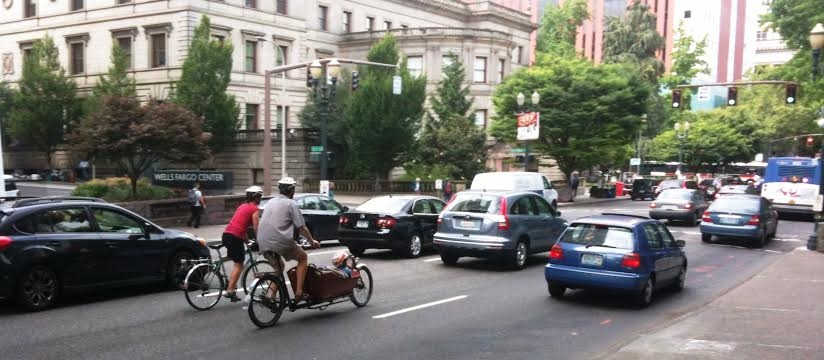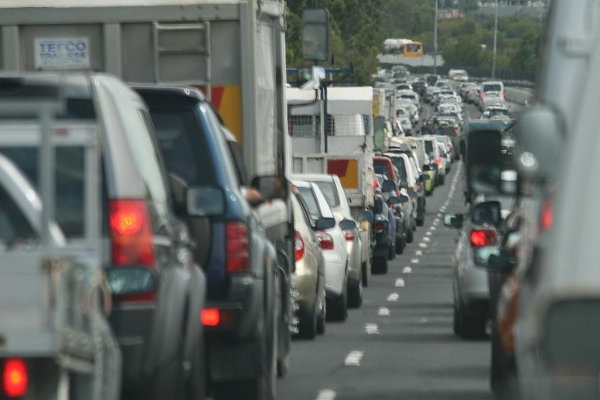The video begins at 5:37.
Southern California is working to address challenges involving air quality, mobility, energy, climate and economic recovery. The South Coast Air Quality Management District —the government agency responsible for attaining healthful air in the greater Los Angeles region—is working with transportation agencies, ports, local and state governments, and private stakeholders to develop air quality solutions. Transitioning to zero and near zero emission transportation technologies, such as those powered by electricity, is a key strategy with potential to address multiple challenges. This presentation will provide an overview of the air quality challenges faced by this region, and describe clean energy solutions being developed that have potential co-benefits for energy security, mobility, climate, and economic growth.


